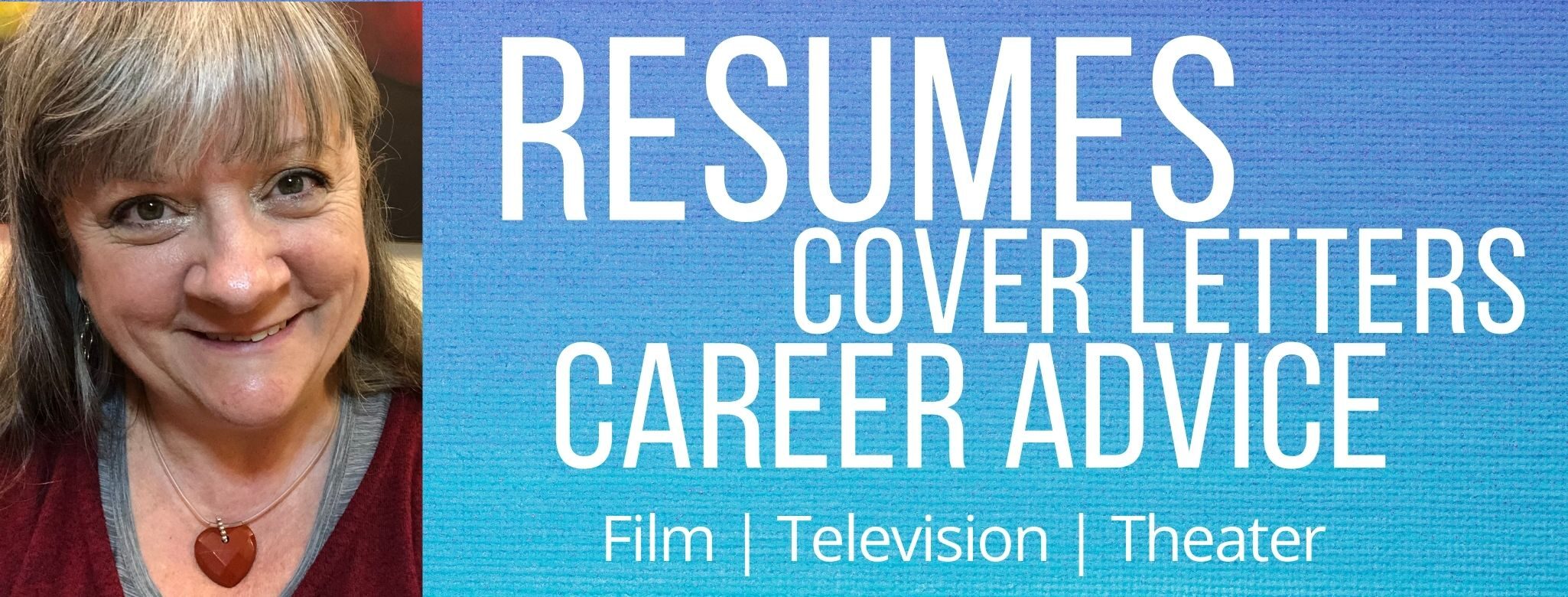
It might seem like an odd time for this post, with Fall semesters in full swing, but I am talking about your graduate school college applications for next fall. Please trust me when I tell you that getting started early is your best bet for an easier, less stressful time.
But guess what – this isn’t actually early. UC undergrad applications for Fall 2020 close November 30, 2019. (Of course, undergrad aspirants probably have a counselor at school to remind you of the deadlines.) Most of the post-grad applications seem to be due either at the start or end of December. Gather your transcripts now!
The best advice for filling out online job applications applies to college applications too. Allow plenty of time; fill out every box and don’t say “see resume”; read it over super carefully and ensure you are complying with every single requirement.
However, perhaps the most challenging part of many applications, especially for grad school, is writing the Statement of Purpose (SOP) which is the letter explaining why you would be a great candidate for that college and detailing your goals and interests. Hmm, sounds rather like a Cover Letter, doesn’t it?
Well, that’s because it is – which means that all the best practices for cover letters can be applied to SOPs.
And the first best practice? If you have read here at all, you know that it is Customize every letter to the particular job – in this case to each college. Like a cover letter, an SOP is NOT one-and-done.
So, like writing a cover letter, this means that you should start with Research.
Research your prospective colleges
The purpose of research is twofold – to ensure that you make the best possible presentation to the college, AND to ensure that this is truly the right college for you. Here is a useful website to start your research and make a few comparisons.
Read the entire college site, not just the Admissions page or the Department pages. Much of the content is analogous to a sales pitch for the college, so they should lay out for you their own view of their greatest strengths. Just like with a job listing, look for repeated ideas and keywords. What do they most value?
For example, some colleges focus a lot on community outreach and community service by talking a lot about the community activities or outreach. Others talk about political or social issues. Others focus on deep dives into theoretical research and internal departmental activities. Others discuss practical applications and their links to or relationships with industry partners. None of these are any more worthy than the others, but you need to find a college that aligns with your goals and show understanding of these priorities in your SOP.
Look at the overall style of the site. Is is orderly, simple, modernist, vivid, dated, easy or convoluted to navigate? Look at the general style of the language – the level of formality. Examine the images chosen. One telling thing can be the amount of diversity in the images.
Read the bios of the professors in your department, and look at their research interests. These are the kind of things that the college will support. Some colleges have links to research organizations, and lay out their interests clearly on their website.
Read the Alumni association pages. The kind of successful alumni that they profile will illustrate the college’s values. For example, are most of them business leaders, or are there a majority shown in non-profit or public service or community roles? Do they tend to focus on awards, or do they talk about salaries? Do they highlight success in cultural areas? What about an international focus? Are there people being profiled who work in your area of interest?
Writing your Statement of Purpose
A special note to writing students at all levels – the SOP is just as important a writing sample – if not more – as the actual creative writing samples that you submit. I know of people who learned this the hard way. Just because you have submitted some great writing that your teacher adores, doesn’t mean you get to relax about the SOP.
For everyone – they need to know that you will be able to communicate the new ideas, research insights, and knowledge gained – so they do look at an SOP as a non-fiction or technical writing sample. Allow enough time for rewrites, edits, tweaks, and customization.

Use Strunk and White’s The Elements of Style. Stick to active verbs and avoid run on sentences. On your second pass, remove the filler phrases and fluff like “I believe” or “I think” that will creep in. Don’t repeat the question like a grade schooler. Just answer it. The most repeated word in guidelines – “concise.”
And by-the-way, the CL advice to make your first paragraph about your referral or connection – yeah that applies too, if you have one. If you are a legacy, have a relative or mentor there, or spent time doing a summer program at the college, mention it first paragraph.
Include specific and actual examples from your past studies whenever possible and show how they apply. They will always want to know about your past research activities.
The great thing is that the colleges usually supply a lot of guidance for your SOP.
- Analyze any questions they ask, especially those that are specific to the department – break them down
- Here’s one from NYU Tisch School of the Arts (Cinema Studies MA) – “A statement of purpose (two to three double-spaced pages) outlining your academic and professional background, goals, and what you hope to gain from the program.” This short and sweet sentence gives some technical info – between 2 and 3 pages, double spaced – and asks 4 different questions – academic past, professional past, future goals, and then very specifically about the program. Think of writing three paragraphs for each of these questions (probably 4-5 for the last) and you are probably well along the way. Note that it is not asking for a bunch of personal information about your past. Personal statements are something different.
- Answer these questions, for yourself if not the SOP:
- What is special about this college compared to another?
- Why go to college at all, rather than enter the workforce? This is especially important for people in the arts.
- What do you hope to gain from this college?
- What can you bring to this college? Remember their keywords.
- Where do you see yourself in 10 years (or 5 years after graduation?)
- For yourself – is this your true calling? Does it make you feel excited? Will your love of the topic/vocation sustain you through the hard or boring parts of your studies?

